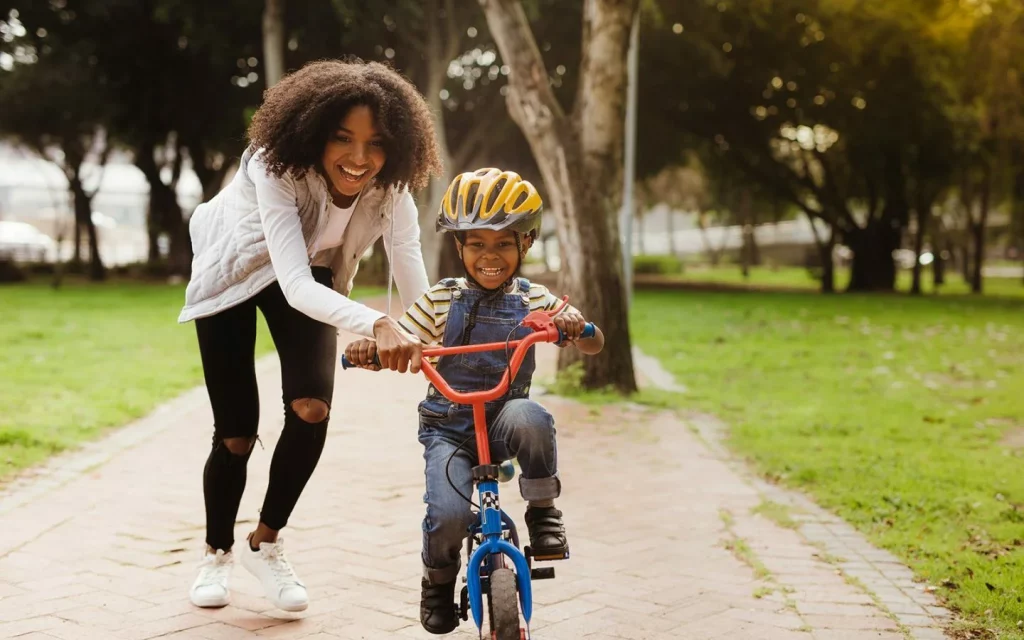
The Benefits of Cycling for Children
As the summer holidays approach, many parents are looking for activities to keep their children entertained. Cycling is an excellent option that offers numerous benefits for kids, including physical exercise, coordination, and spatial awareness.
Developing Coordination and Spatial Awareness
According to Manuel Antonio Fernández, a neuropediatrician, cycling is an activity that can help children develop their coordination and spatial awareness. “When they are still unable to balance or pedal a regular bicycle, tricycles or bicycles without pedals are an excellent option,” he explains.
Physical and Emotional Development
Cycling also contributes to physical and emotional development in children. Fernández notes that cycling helps children develop their sense of balance, spatial awareness, and muscle strength. Additionally, cycling with family members or friends can foster a sense of freedom and autonomy.
Choosing the Right Bicycle
When selecting a bicycle for a child, it’s essential to consider their age, height, and weight. Julio Domínguez, CEO of Bicihack, recommends choosing a bicycle that allows the child to put both feet flat on the ground when seated on the saddle. He also suggests considering the size, weight, and brakes of the bicycle.
Types of Bicycles
Domínguez notes that there are two types of bicycles that are currently popular: gravel bicycles and urban folding bicycles. Gravel bicycles are suitable for both road and mountain cycling, while urban folding bicycles are ideal for daily commutes and public transportation.
Encouraging Children to Cycle
Fernández emphasizes the importance of encouraging children to cycle, citing the numerous physical and emotional benefits it offers. He suggests starting with tricycles or bicycles without pedals and gradually progressing to more advanced bicycles as the child develops their skills.
Creating Happy Memories
Domínguez concludes that cycling is an excellent way to spend quality time with family and create happy memories. “Cycling generates a sense of freedom and autonomy in children, and it’s an activity that can be enjoyed by the whole family,” he says.